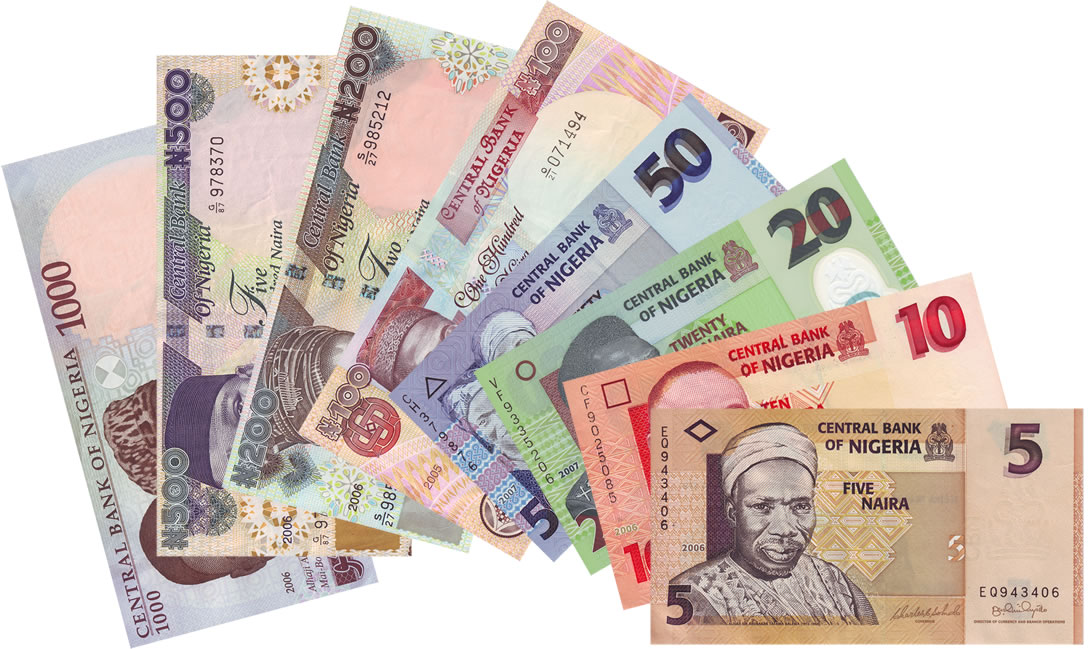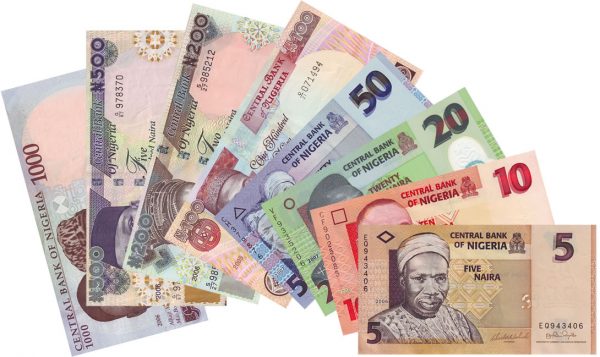The past few weeks have been feisty in the international business news media. Panic and all sorts of negative projections have been used to prop us up and put us down as we watch how 2016 begins to unravel.
The funny thing is that the people who should be worried by the pundits’ economic outlook for the year aren’t. Nigeria’s government in the past weeks have made a policy somersaults with respect to regulating foreign currency supply. And my guess is almost as good as yours. Many are reading through the shifts by Nigeria’s apex bank as deceptive, incompetent and not really addressing the foreign currency challenges being faced by thousands of Nigerian businesses at the moment.
Personally, I think the government is well intentioned with is war on graft but it is badly positioned in its economic policy direction in that it is not showing enough commitment in managing the country’s dollar position appropriately.
In my view, here are four simple things the country can put in place to manage its dollar position more appropriately.
Channel recovered loot back to the economy. Rather than try to boost the country’s foreign reserves quickly or try to fund the budget with funds recovered from individuals deemed to have deprived the country of its financial resources via graft, the government can use the money to create several interventionist special purpose vehicles like a Solar Electricity Fund that engages Elon Musk’s Solarcity to help light up many Nigerian cities with solar power.
Ban the importation of certain luxury items to free up more dollars for productive uses. I mean, who needs. Every time I see apples on our streets, I cringe. The sense that we are the hard earned petrodollars for South African apples or Chinese toothpicks gives me the creeps. Rather than import these items, local entrepreneurs can be made to start substituting these imports with local alternatives. For example, It makes absolutely no sense that we import Cashew nuts from the United States when we have this produce in Oyo, Abia and Kogi States. Another thing the government can do in this area is, institute a national orientation drive around import substitution. Creating semi-finished and finished goods to replace the ones we used to import should now be the focus for every local entrepreneur.
Allow exporters access to their export proceeds. Allowing exporters to access even 50 per cent of their export proceeds will shoot down the price of dollar in Nigeria because dollar supply will go up. It will also act as a stimulus, allowing the exporters to trade their dollars for Naira and in turn, increase export activities and its attendant employment opportunities for young Nigerians. Of course, to deemphasize importation (which puts pressure on the Naira), the CBN can continue to use the $10,000-per-day telegraphic transfer limit to manage outflows.
Encourage B2B currency exchange. Here, businesses that import and have opened ‘valid-for-forex’ Form Ms should be allowed to directly trade with businesses that have certified repatriated export proceeds. In this way, the pressure for dollars to import items like refined petroleum products will be alleviated.
Since the world economy is denominated in US dollars, managing our dollar cash flow could be pivotal to keeping the Naira from sliding further—which seems to be the current priority of government.
Photo Credits: www.fitila.ng


